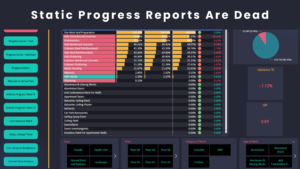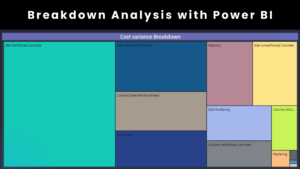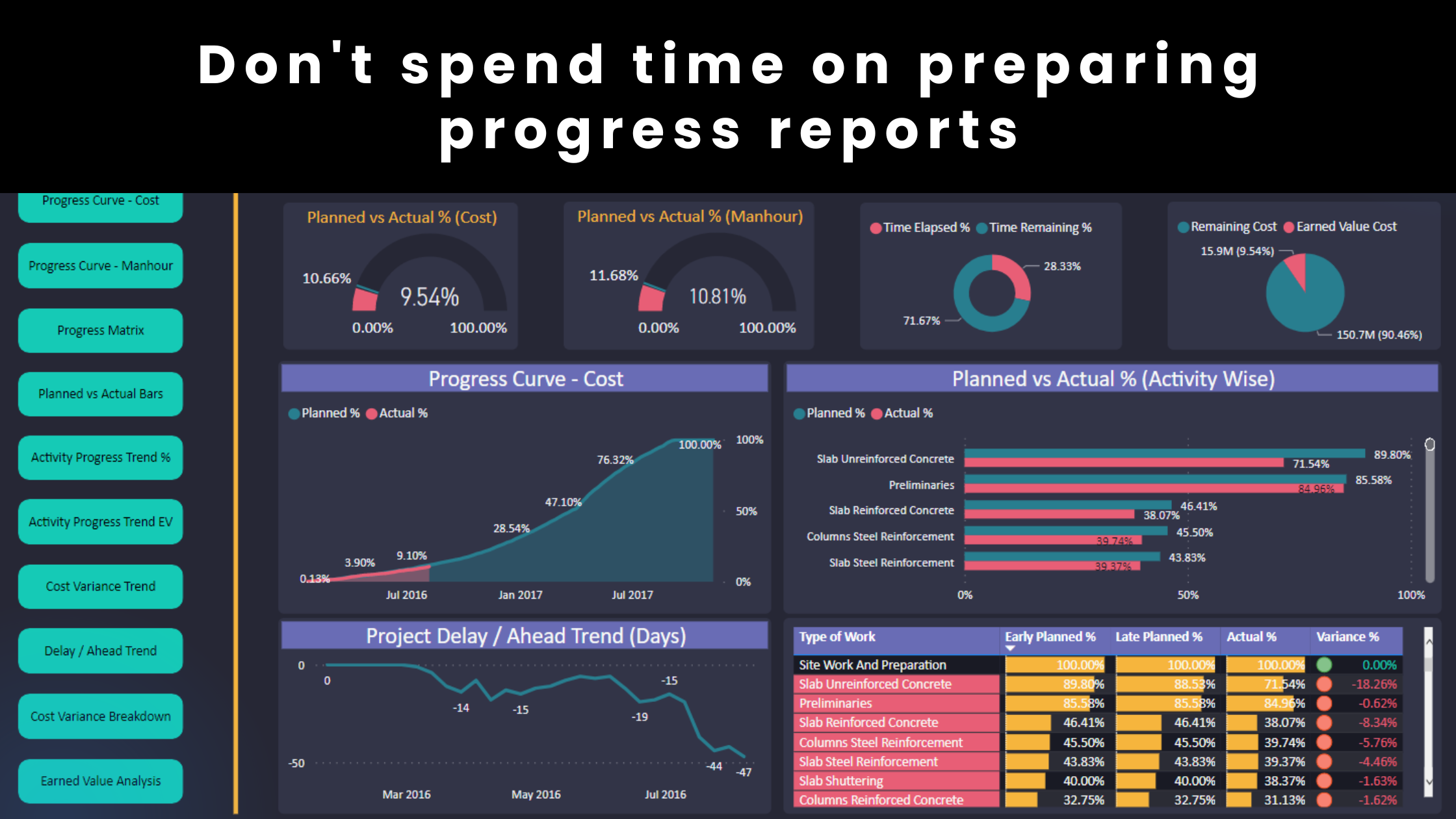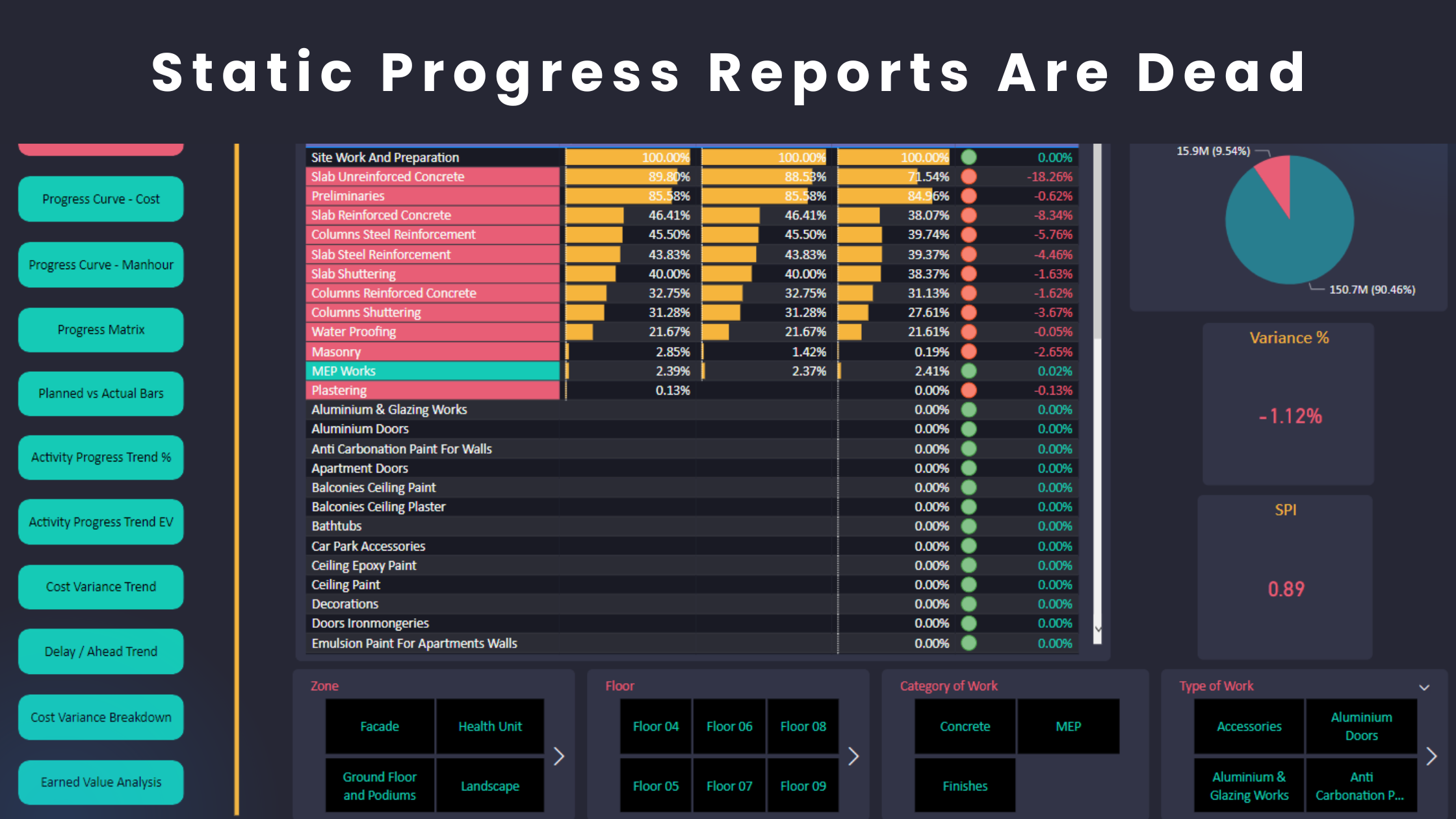As the market has become more competitive, companies seek to reduce costs and increase profits. It is now easier than ever to do so when companies strategically leverage the right technology. Artificial Intelligence, Virtual Reality, Virtual Arguments and SaaS are all forms of emerging technologies that can be used in any industry.
I have seen that the construction industry reaps the benefits of technology at a very slow pace. Controlling a project in a way that ensures its success is one of the main challenges in the construction sector. Let’s look at how technology can help project control departments but let me highlight some of the planning engineer’s duties first:
- Prepare professional progress reports.
- Create comprehensive and detailed dashboards.
- Format reports and presentations.
- Identify causes of delay.
- Analyze Main Contractor / Subcontractors’ performance.
- Prepare progress presentations.
- Review Contractor’s submissions and look for any bias or manipulations (Consultant’s role).
- Review completed reports.
- Do an amazing job to impress clients and keep them satisfied with the planning deliverables.
- Prepare ad-hoc reports as requested by management or during progress meetings.
What if I tell you that the above tasks can be completed in seconds or on autopilot with Power BI and without using P6? Power BI is also a free service for the most part. Won’t this allow companies to cut their project control workforce by 50%-75% and save a lot of money by reducing full-time salaries? Technology does that and we have seen it everywhere –factories, cashiers, banks, etc.



The applications of Power BI in project control are new but are proven to work. The problem happens when we resist or delay our adaptation to the market-changing order. It always feels great when we follow the same routine and accept to deal with the associated pain. Using Power BI will feel uncomfortable at the beginning but thriving companies break through the challenges and aim to become a first market mover.
For many years, P6 and advanced excel have been the core skills that shape how we define qualified planning engineers because we have never had better tools. Companies are willing to hire more of those qualified planning engineers and allocate a high budget for them.
At the same time, we all know the pain and challenges associated with the constant friction of using P6 filters, excel formulas errors, traditional report preparation, typing mistakes, biased outcomes, report review, deadlines, and report formatting – just to name a few. A better excel user was considered a better planning engineer for so long. In my opinion, companies will look for planning engineers who have outstanding Power BI skills in the next few years. Not only does Power BI overcome the pain points that I have just mentioned but also allows companies to hire fewer planning engineers to do the work.
I tend to write a lot about Power BI benefits for planning engineers because it is really an amazing tool. However, in this article, I wanted to highlight how companies can leverage technology and save a lot of money by using Power BI too. In this case, more projects will be awarded to these Contractors / Consultants as they offer highly competitive bid prices. Finally, these companies can also achieve a higher profit margin.
Learn More!










